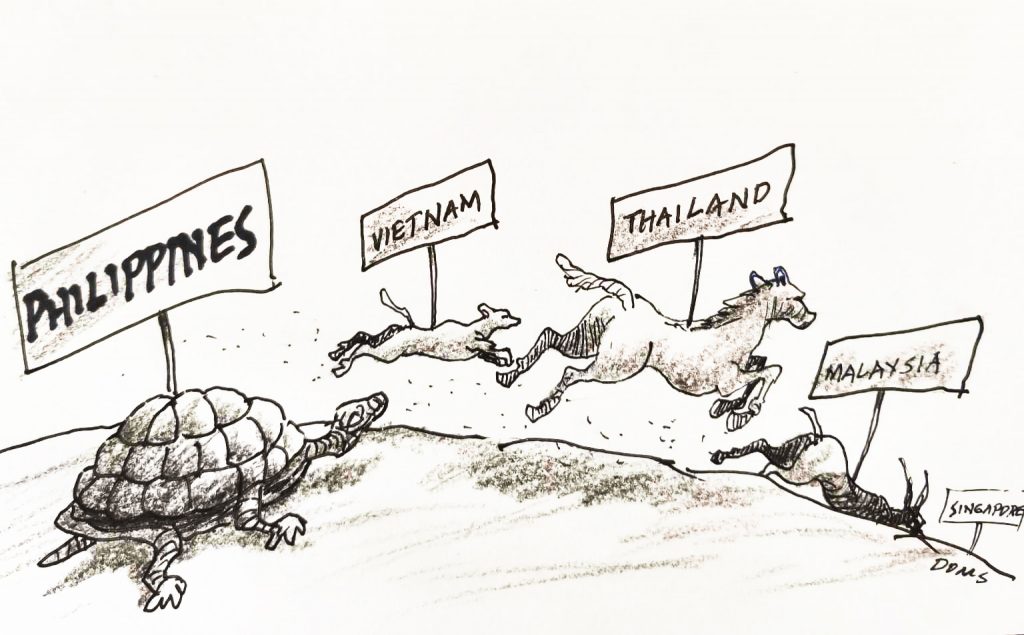While several Asian countries have surged ahead in economic growth and institutional integrity, the Philippines continues to trail behind. The gap widens not from lack of talent or potential, but from the moral rot eating into every layer of our social and economic systems.
Economic progress demands not just skill, but discipline and honesty—traits that many in this country too often abandon for quick wealth and easy shortcuts. In the Philippines, it has become disturbingly normal to hear of officials padding project costs, employees stealing office supplies, or syndicates launching new scams targeting the gullible. From petty pilferage to grand-scale corruption, dishonesty has become a malignant habit disguised as a clever survival tool. As a result, growth is stunted, public trust is shattered, and opportunities are squandered by a system that rewards cunning over competence.
Neighboring countries have built their progress on collective discipline, efficient governance, and strategic investment in education and infrastructure. While they moved forward through national unity and long-term planning, the Philippines remained tangled in bureaucratic inefficiency, transactional politics, and cultural tolerance for dishonest gain. Instead of building a nation, many Filipinos seek to outsmart it. Laws are circumvented, taxes evaded, and public funds misused—all for personal gain under the guise of “diskarte.”
This cultural rot is not limited to public offices. It has permeated the private sector, the smallest communities, and even family values. Cheating in schools is excused as resourcefulness. Bribery is labeled as a “facilitation fee.” Success stories of integrity are drowned out by tales of those who cheated the system and got away with it. This collective failure to uphold ethical conduct has cost the nation its chance at sustainable development, global competitiveness, and national pride.
What the country needs is a full reckoning—a societal shift that penalizes dishonesty and rewards integrity, not just in policy but in daily life. Strong institutions, strict enforcement of laws, and value-based education must be at the core of rebuilding the nation’s moral and economic foundation. The road to national progress is not paved with deceit, but with the hard, often thankless work of those who choose to do what is right, even when no one is watching.




